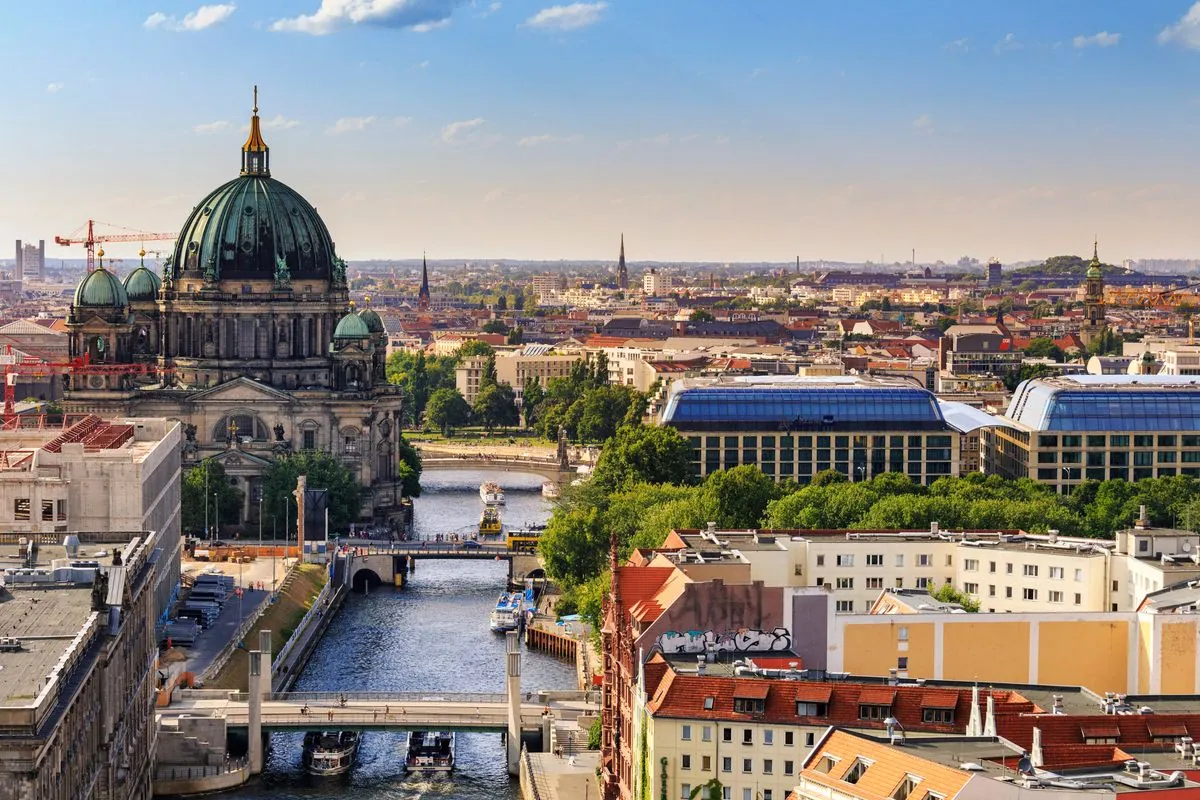The recent victory of the Alternative for Germany (AfD) in Thuringia's state elections marks a significant shift in German politics, being the first far-right win since World War II. This outcome, described as "bitter" by Chancellor Olaf Scholz, reflects growing anti-immigration sentiments and deep-rooted economic disparities between eastern and western Germany.
The AfD's success in Thuringia, a state where its branch is under official surveillance as "proven right-wing extremists," is rooted in the complex history of German reunification. Since the fall of the Berlin Wall on November 9, 1989, and the subsequent reunification in 1990, eastern Germany has struggled to catch up economically with its western counterpart.
Despite substantial efforts to "level up," including the investment of over €2 trillion since the 1990s, the economic divide persists. Recent data from Germany's central bank reveals that western households earned €8,000 more annually before tax than eastern ones in 2021. The wealth gap is even more stark, with western households possessing nearly three times the assets of their eastern counterparts.
This economic disparity is compounded by a sense of underrepresentation among eastern Germans. An academic study found that less than one in eight leadership positions are held by individuals from the former German Democratic Republic (GDR), despite eastern Germans comprising about a fifth of the total population. This imbalance extends across various sectors, including business, sports, arts, and even music.
"People really think they are worse off relative to people in other regions, [which] correlates strongly with AfD votes."
The "Ostalgie" phenomenon, a nostalgia for aspects of life in East Germany, further complicates the situation. Many eastern Germans feel like "second-class citizens" even 34 years after reunification, contributing to the appeal of populist parties like the AfD and the BSW led by Sahra Wagenknecht.
Germany's current economic challenges, including a recession triggered by the loss of cheap Russian gas following the Ukraine conflict, have exacerbated these issues. In eastern Germany, long-term population decline adds to the economic strain, with deaths outnumbering births and insufficient immigration to offset the decline.
Experts suggest that simply increasing financial support may not be the solution. Jens Südekum, who advises the German government, proposes greater devolution and local control over infrastructure projects as a potential way forward.
As mainstream German parties prepare to block the AfD from power, the party's success in Thuringia raises questions about the effectiveness of current approaches to addressing regional disparities and the growing appeal of populist movements in times of economic uncertainty.
